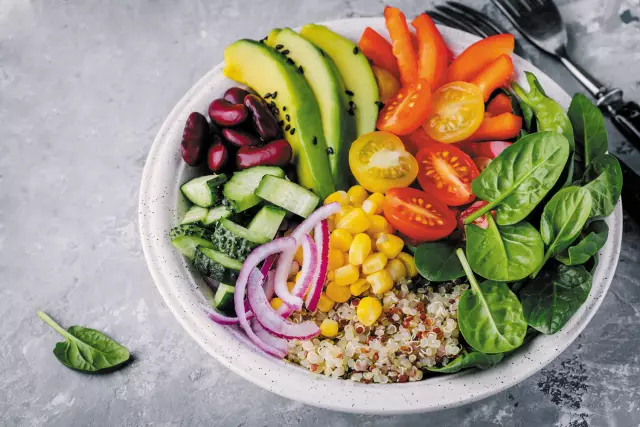- Author Rachel Wainwright wainwright@abchealthonline.com.
- Public 2023-12-15 07:39.
- Last modified 2025-11-02 20:14.
8 foods to keep your joints healthy
Joint diseases often begin imperceptibly. The first stages of destruction of the cartilaginous tissue, which provides soft and free sliding of the bone heads in the articular capsules, proceed slowly and completely painless. It is especially unpleasant that this process does not depend on age: the degradation of the articular surfaces is noticeable, as a rule, after 30 years. This means that almost every able-bodied person at any time can face the sad results of such destruction, which are manifested by inflammatory processes and pain in the joints, limited mobility and a general deterioration in well-being.
Fortunately, the destruction of cartilage tissue can be slowed down. For this, it is necessary to resolutely give up bad habits and reasonably dose physical activity. It is equally important to ensure the regular intake of substances that contribute to maintaining healthy joints. We bring to your attention a list of foods rich in just such components.
Salmon
Fish of the salmon family contain the maximum amount of omega-3 polyunsaturated fatty acids. These are natural anti-inflammatories that help fight joint problems quickly and effectively. Vitamin D, which is abundant in all salmonids, is also responsible for maintaining healthy bones and joints.
Far Eastern salmon and sockeye salmon are considered the most suitable for inclusion in the daily diet. It should be borne in mind that fish caught in natural reservoirs contain much more nutrients than in their artificially grown relatives. It is sometimes difficult to determine where the frozen or salted products came from, but most canned food is made from “wild” fish.
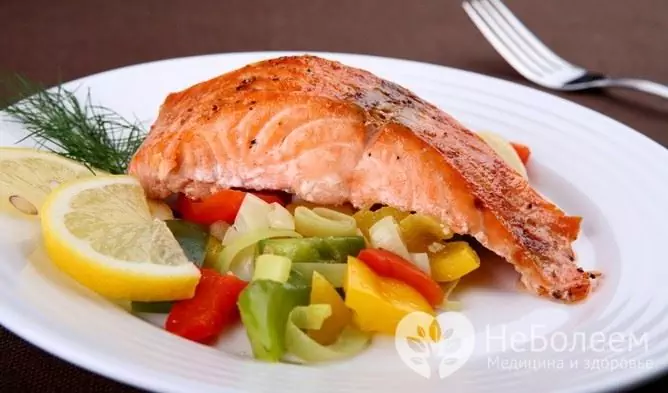
Source: depositphotos.com
Almond
If the joint is often inflamed, the tissue cells that make up the joint capsule begin to break down under what is known as oxidative stress. The process is fraught with the development of arthrosis. The main reason for this phenomenon is the action of free radicals.
Vitamin E, which is contained in a significant amount in almonds, is capable of reducing the concentration of these substances in the body. Eating just a handful of nuts a day can provide the body with the necessary dose of the strongest natural antioxidant. If you don't like the taste of almonds, you can substitute peanuts or sunflower seeds for them.
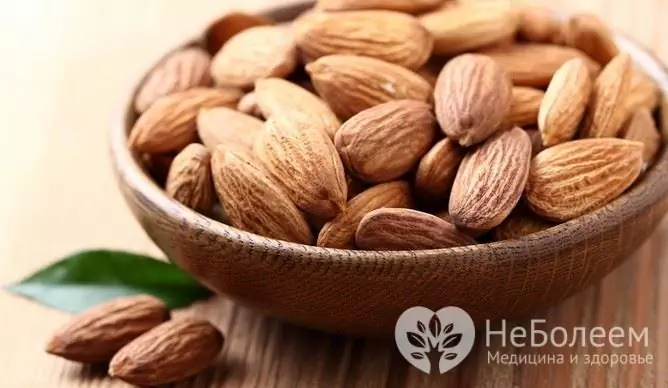
Source: depositphotos.com
Papaya
Recent studies have shown that chronic vitamin C deficiency in the body nearly triples the risk of developing rheumatoid arthritis. There are a lot of products that can be sources of the named vitamin. According to scientists, the combination of ascorbic acid with beta-carotene is especially beneficial for joints. It is this combination of nutrients that is observed in the pulp of the papaya fruit.
However, Russians do not have to use this particular fruit, exotic for our places. Shock doses of vitamin C are contained in black currant berries, and in combination with beta-carotene, this vitamin can be obtained in sufficient quantities from the fruits of chaenomeles (Japanese quince), which has recently been often grown in summer cottages. An even simpler option is finely grated carrots, seasoned with vegetable oil and sprinkled with lemon juice.
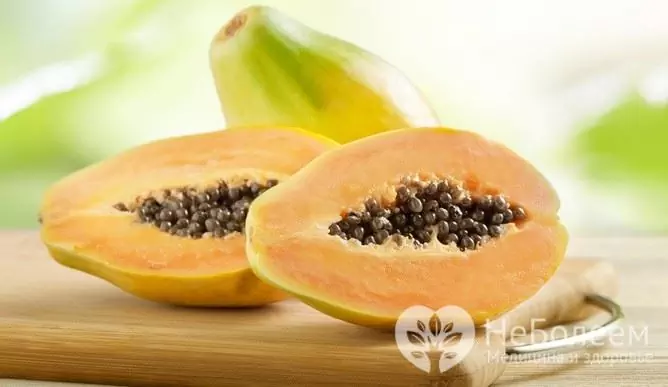
Source: depositphotos.com
Apples
Collagen plays an important role in maintaining the integrity of the cartilage tissue. Unfortunately, the body's production of this substance decreases with age. Apples contain a lot of quercetin, which is involved in the production of collagen and slows down the wear and tear of cartilage tissue. Quercetin concentrates in the peel of the fruit and breaks down when heated. This is why apples are healthy to eat fresh and unpeeled.
To provide the body with quercetin, it is enough to eat one apple a day. Fruits purchased in a store or on the market must be thoroughly rinsed with warm water using a stiff brush before use, since not only pathogenic microorganisms can be on the surface, but also preservatives hazardous to health.
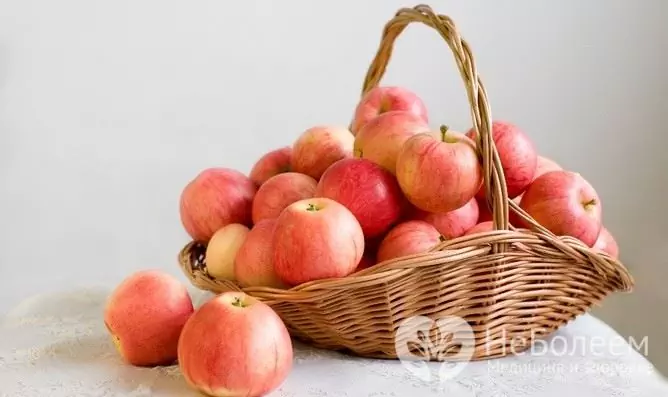
Source: depositphotos.com
Black beans
All legumes are rich in vegetable protein, which is a building material - including for joint tissues. Black beans also contain manganese, which is a part of some important enzymes, and anthocyanins (powerful antioxidants that can suppress inflammation). This combination of nutrients makes black beans one of the foods you need to keep your joints healthy.
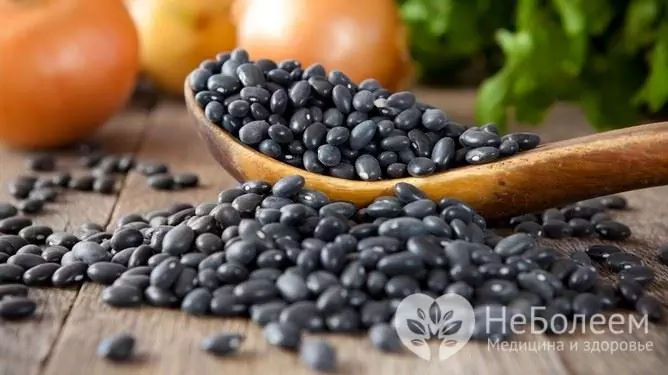
Source: depositphotos.com
Broccoli
Broccoli inflorescences contain sulforaphane, which is of great importance in activating the body's defenses. Regular consumption of broccoli has been shown to reduce the risk of osteoarthritis and other joint diseases.
In addition, this type of cabbage is rich in vegetable proteins, vitamins and minerals.
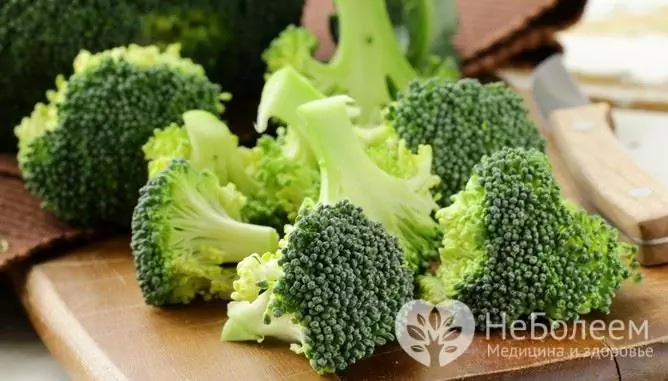
Source: depositphotos.com
Kale
Joints cannot function normally when the strength of the bones decreases, which usually occurs due to the leaching of calcium from them. Leafy cabbage contains this macronutrient in an amount comparable to its concentration in dairy products. To maintain healthy joints, it is very important that calcium enters the body at the same time as manganese and copper, which is involved in the processes of collagen production and ligament strengthening. As part of kale, the necessary substances are present in an optimal ratio.
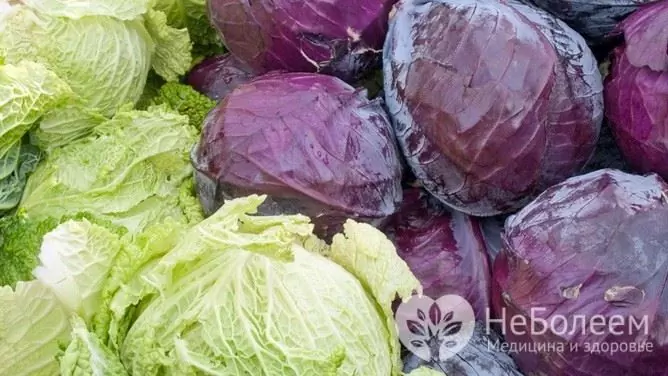
Source: depositphotos.com
Ginger
Ginger root contains gingerols. Their effect on the body is similar to that of non-steroidal anti-inflammatory drugs. This is why ginger has been used for centuries in oriental medicine to reduce swelling and pain from joint inflammation. The anti-inflammatory activity of ginger is slightly less than that of pharmaceutical preparations, but its intake does not harm the body and has almost no contraindications.

Source: depositphotos.com
Most of the products that support joint health can be consumed even with severe chronic diseases. The substances included in their composition slow down the development of destructive processes in the cartilaginous tissue and help prevent the deterioration of the condition of the musculoskeletal system, leading to an early decline in working capacity and quality of life.
YouTube video related to the article:

Maria Kulkes Medical journalist About the author
Education: First Moscow State Medical University named after I. M. Sechenov, specialty "General Medicine".
Found a mistake in the text? Select it and press Ctrl + Enter.




